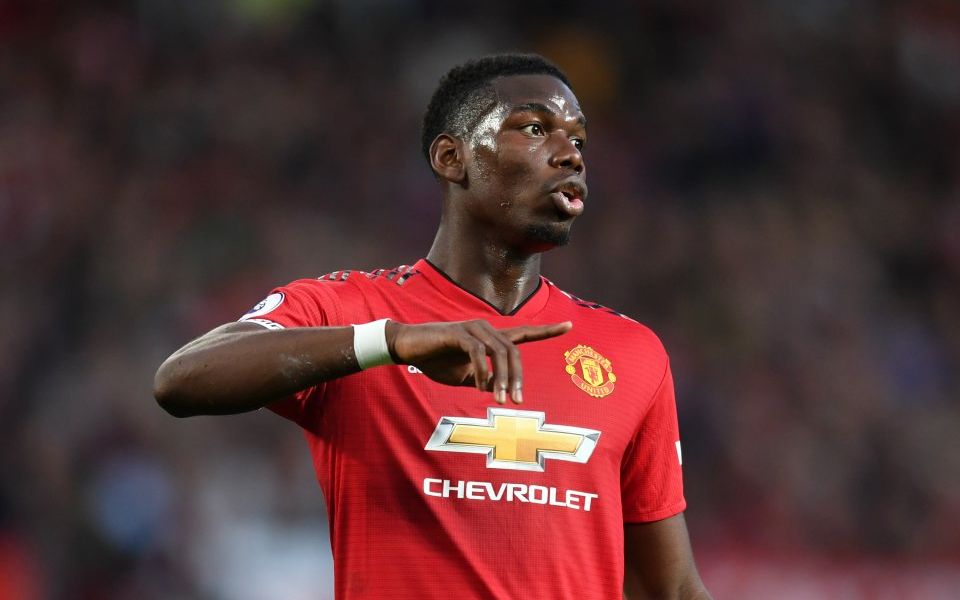Why Fifa and the Premier League are at odds over an imminent overhaul of the transfer market

The great and the good of football head to London later this month to settle a contentious matter: the recipients of the 2018 instalment of Fifa’s The Best awards.
But an even thornier topic is also set to be debated in the capital, with many of the game’s most influential stakeholders in town.
The issue is Fifa’s plans for perhaps the biggest overhaul of the transfer market since the 1995 Bosman ruling granted freedom of movement to out-of-contract players – and, intriguingly, the world governing body and the Premier League are currently at odds over key proposals.
Read more: How Brentford play the transfer market to overachieve in the Championship
Fifa’s shake-up is wide-ranging and has been in the works for almost a year, with a task force established in November 2017 to recommend improvements to the existing system.
With a view to improving transparency and minimising corruption, the use of Fifa’s Transfer Matching System (TMS) is set to become mandatory for all trades, rather than just international deals.
Other possible changes include greater uniformity of transfer deadlines and possible caps on the number of signings permitted in the January window.
The most sensitive area – and the current sticking point between Fifa and England’s leading clubs – is the rules that apply to agents.
Fifa president Gianni Infantino has been blunt about his determination to curb the amounts paid to agents, which European governing body Uefa put at more than €3bn for the spell 2013-2017.
“I am very concerned about the huge amount of money flowing out of the football industry. We have to tackle this issue,” Infantino said.
Debate over the sums paid has been heightened since Paul Pogba’s £89m transfer from Juventus to Manchester United in 2016, which is said to have earned his representative Mino Raiola £41m in commission.
What is Fifa proposing?
The solution proposed by Fifa’s task force is a hard cap on the percentage an agent can make on a transfer – an idea that met with fierce resistance in talks with leading agents earlier this year.
Fifa’s concession is that it would allow the controversial practice of dual representation – commonly known as duality – in which an agent may act on behalf of both the player and the buying club.
It is also proposing to address leading agents’ complaints that the industry would benefit from greater regulation by introducing a binding code of conduct for representatives.
Where does the Premier League differ?
The Premier League is opposed to Fifa on the two key issues regarding agents.
England’s top-flight clubs are against a cap on agents’ fees, which they believe is unsustainable as it would only lead to a lengthy legal battle over its legality.
They are also understood to feel it could have the unintended consequence of raising the benchmark for commissions.
On duality, meanwhile, the Premier League favours prohibition. Clubs would prefer agents to be paid by players only, with a feeling prevalent that representatives might not be quite so handsomely rewarded if their clients had to sign off the commissions themselves.
So what's the likely outcome?
While Fifa is under a certain degree of internal political pressure to impose a cap on agents’ fees, the sense within the game is that it will be a difficult measure to force through.
Leading agents have deep enough pockets and would be sufficiently incentivised to mobilise a legal challenge against a rule that threatens to restrict their potential earnings.
The only compromise agents might feasibly accept would be a nominal limit set at such a high level to be irrelevant. Either way, a fee cap in any meaningful sense looks unlikely.
Fifa is believed to be more relaxed about duality, given its commitment to widening the implementation of the TMS, and its purpose of showing where all the money goes, and the code of conduct proposal.
What happens next?
The Premier League, which has held its own consultation process on agents’ regulations and discussed the matter with clubs at its summer AGM in June, is understood to be biding its time for now.
If it feels that Fifa’s new regulations do not go far enough, the league will be faced with a decision: resume lobbying efforts, or pursue its own set of rules that clubs feel more suitable.
The latter option would be a delicate procedure, as clubs would not wish to introduce rules that put them at a disadvantage to their European rivals in the transfer market.
Fifa plans to finalise its overhaul before the end of the year, with a view to implementing the new regulations for the summer 2019 transfer window. For now, however, resolution remains some way off.
